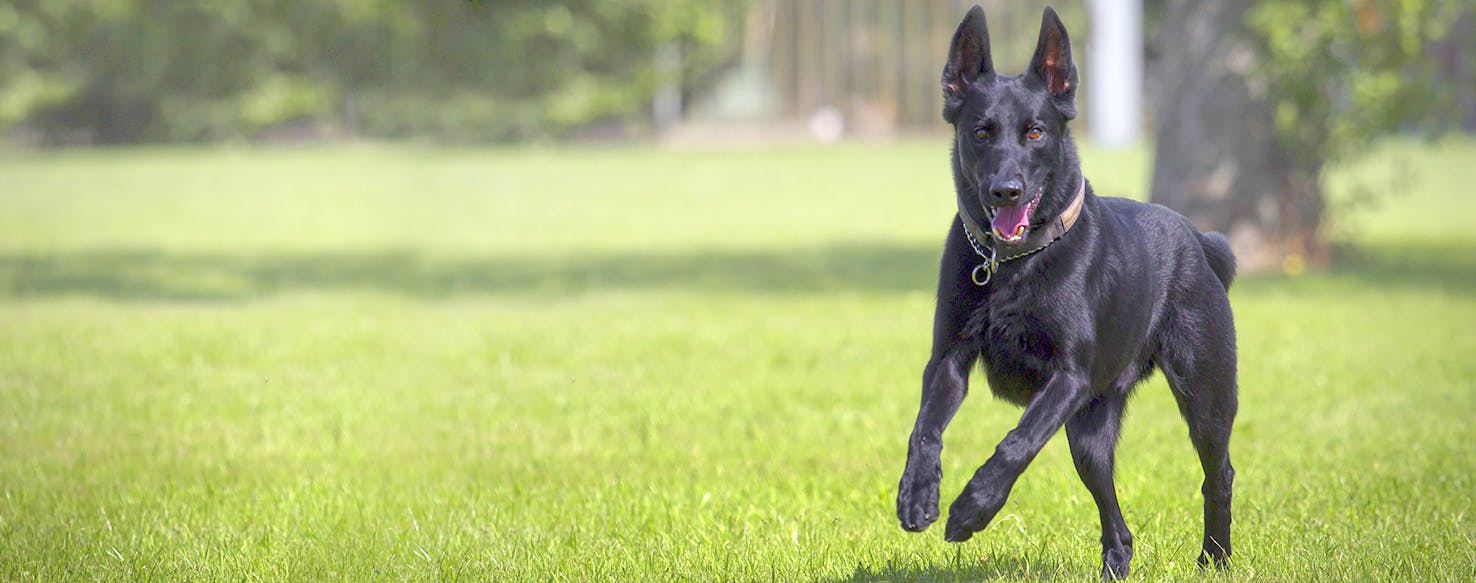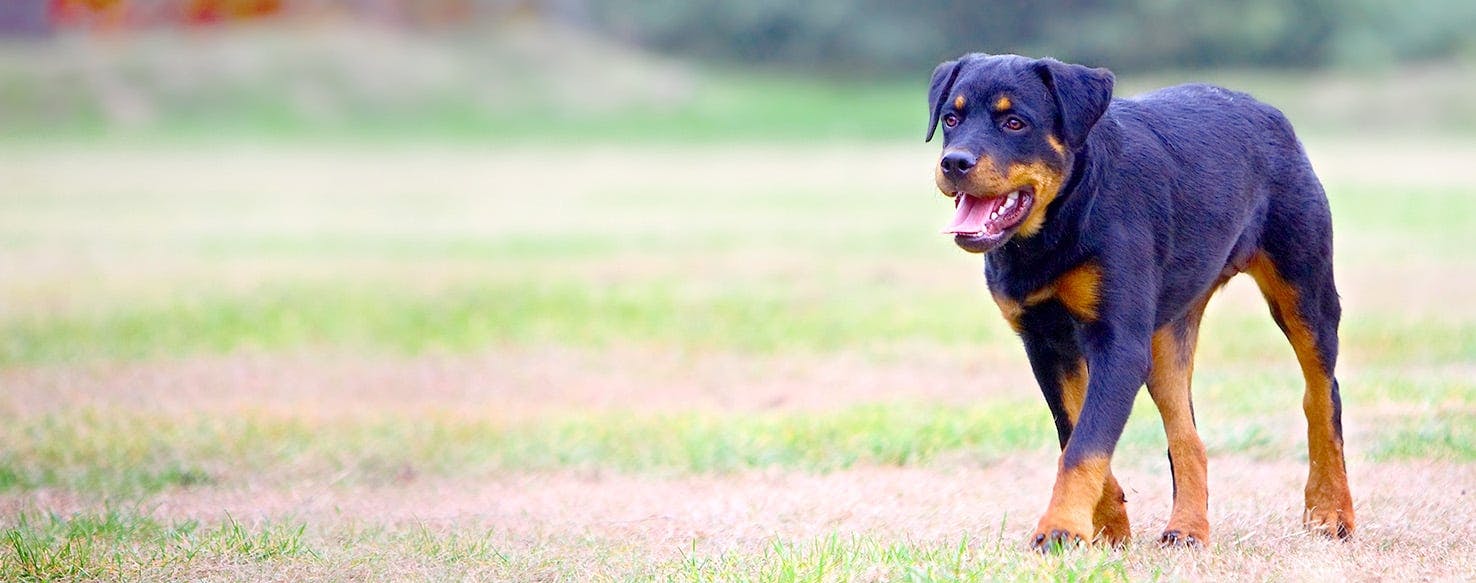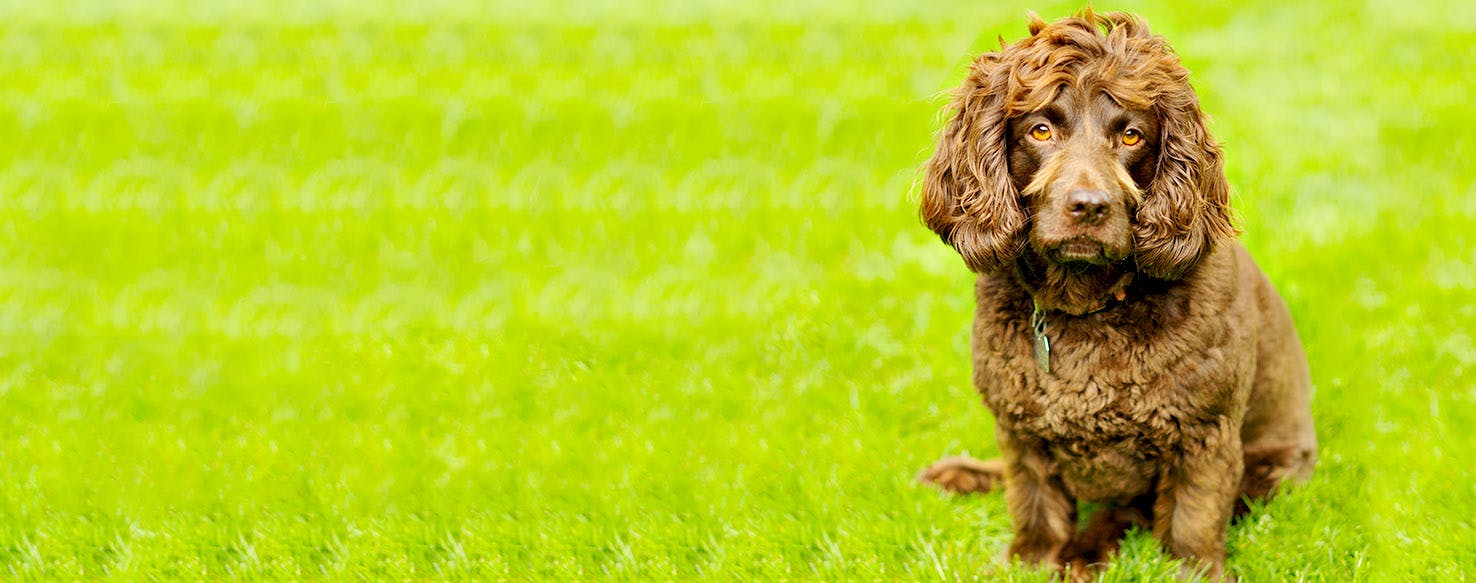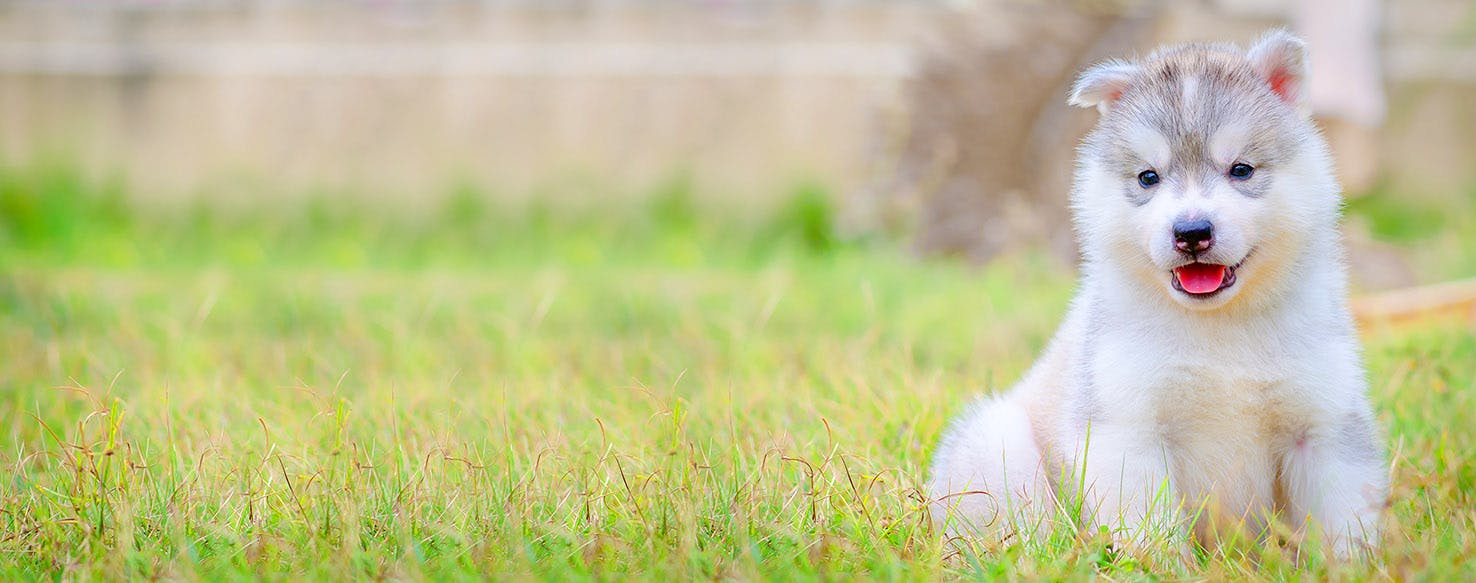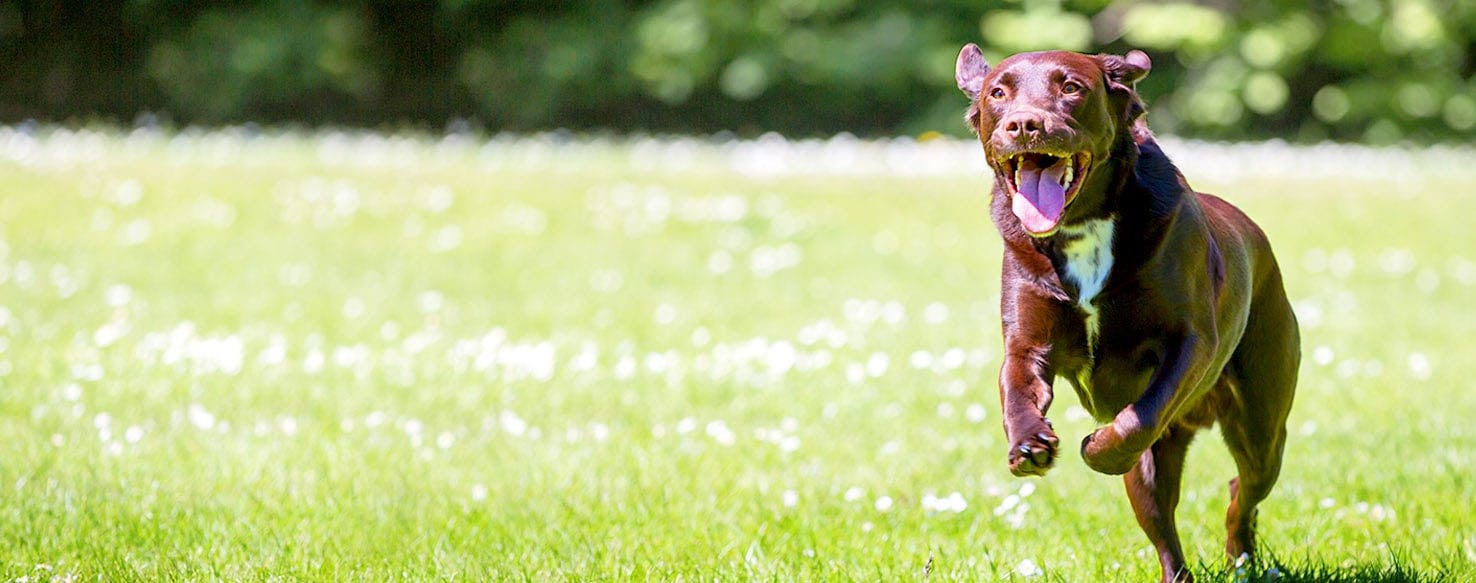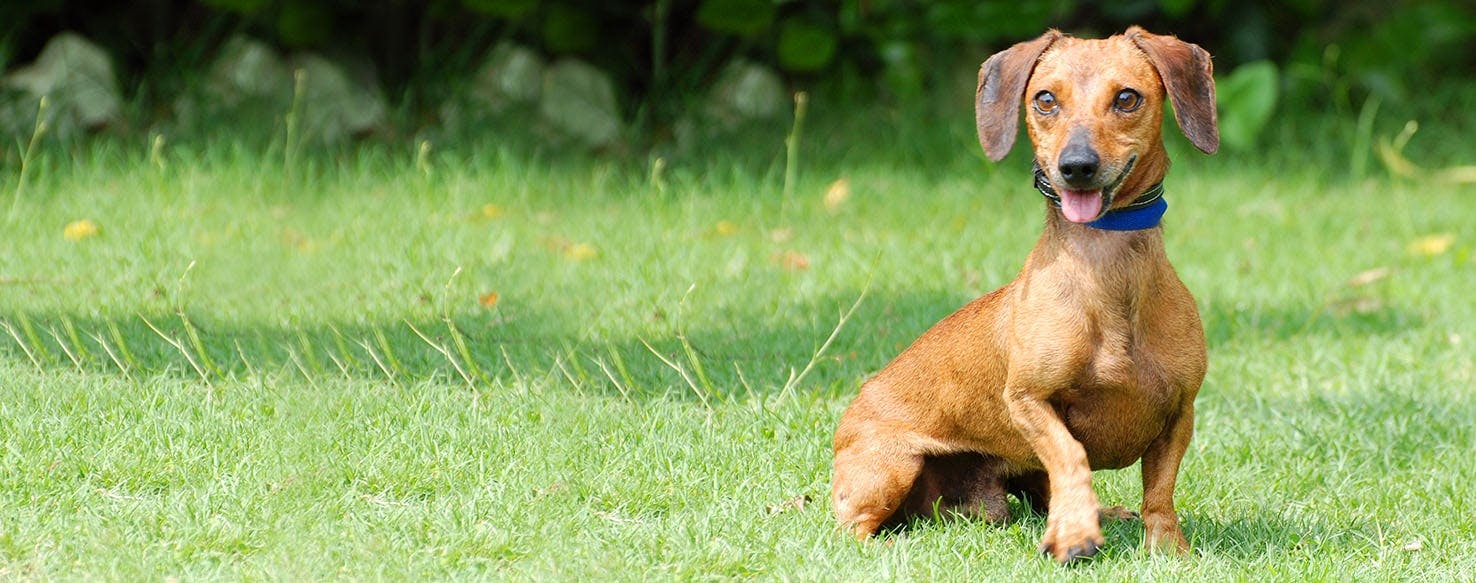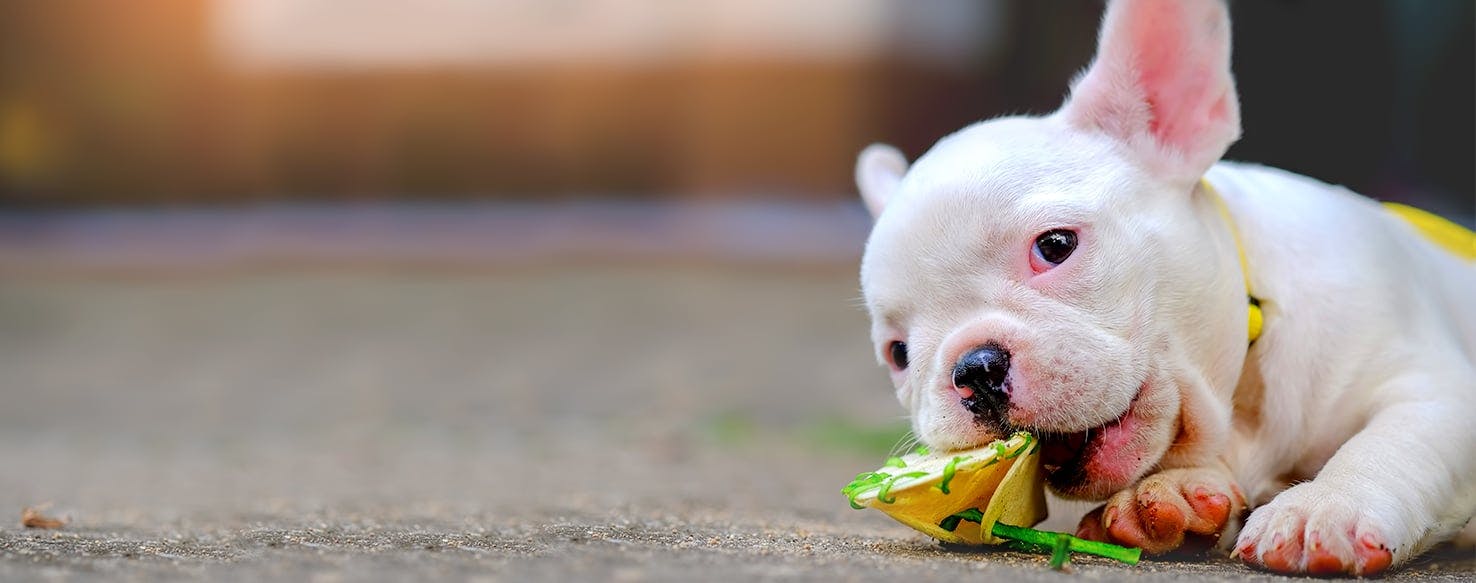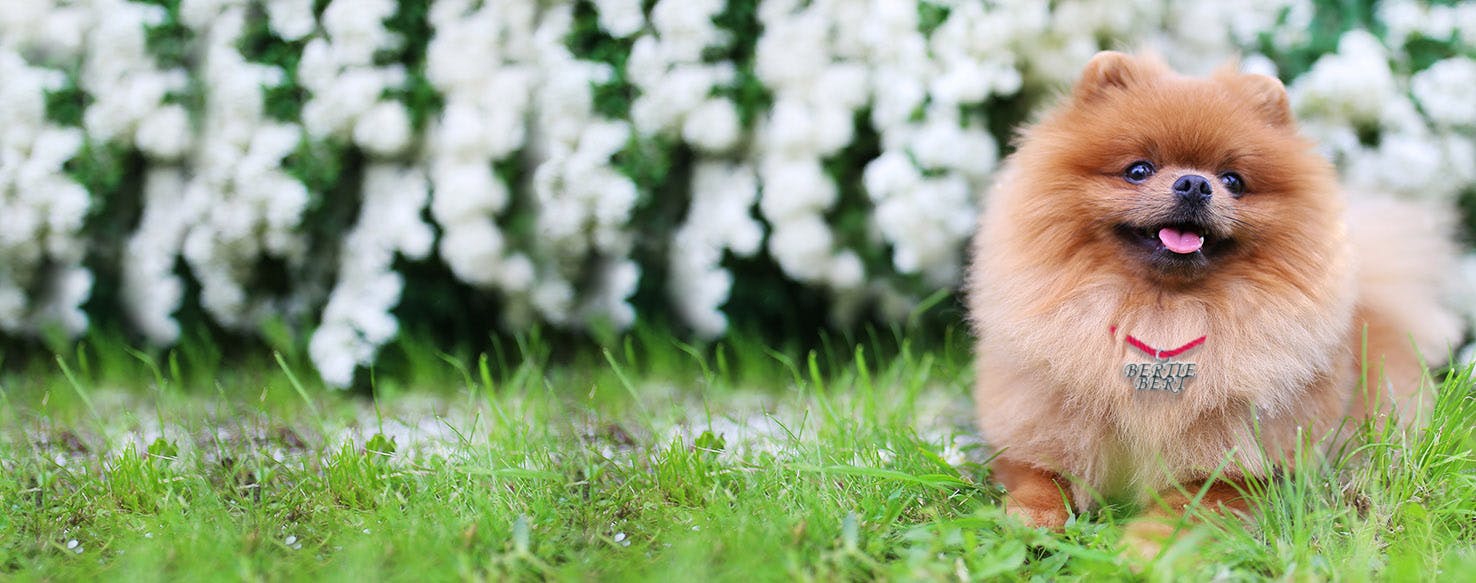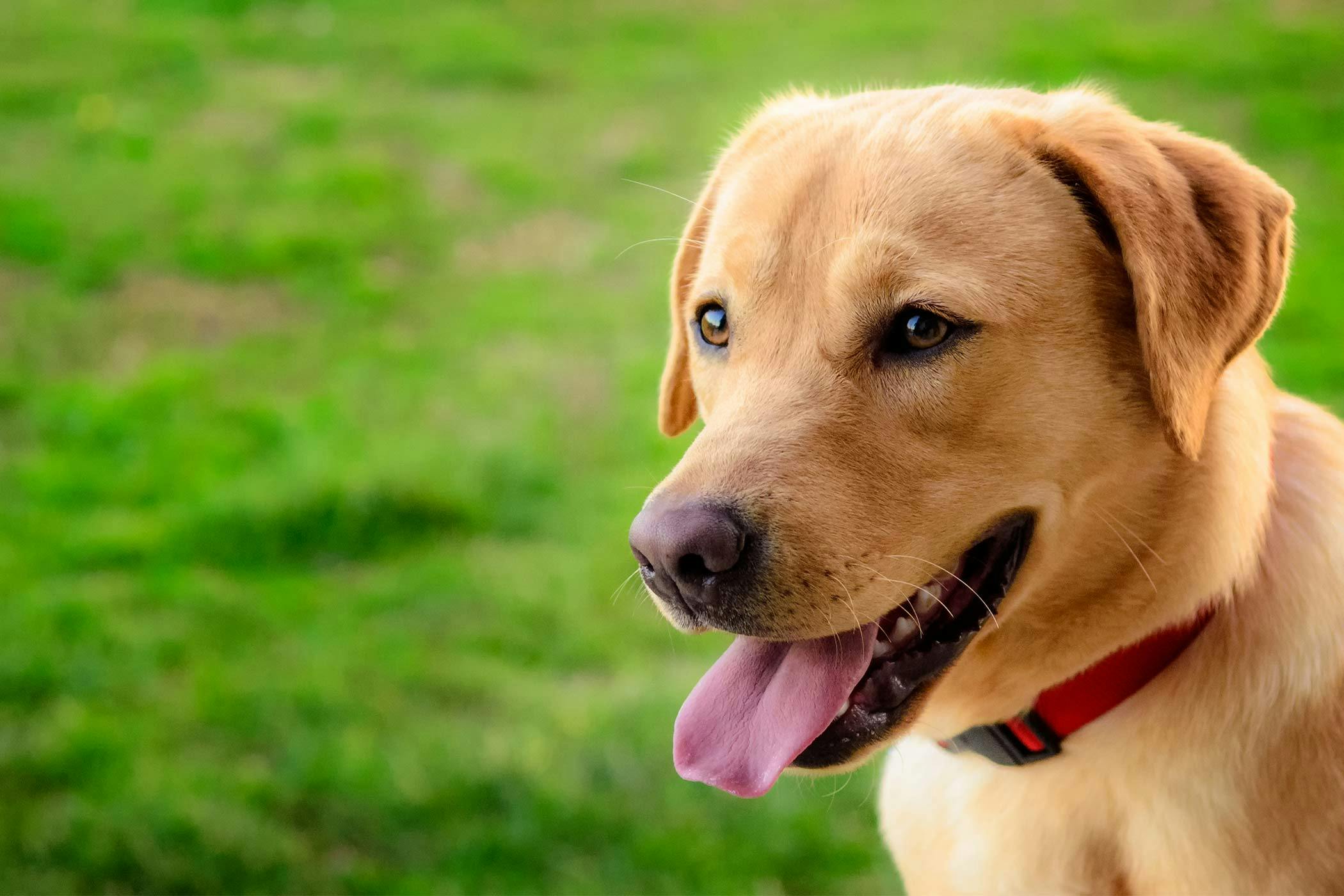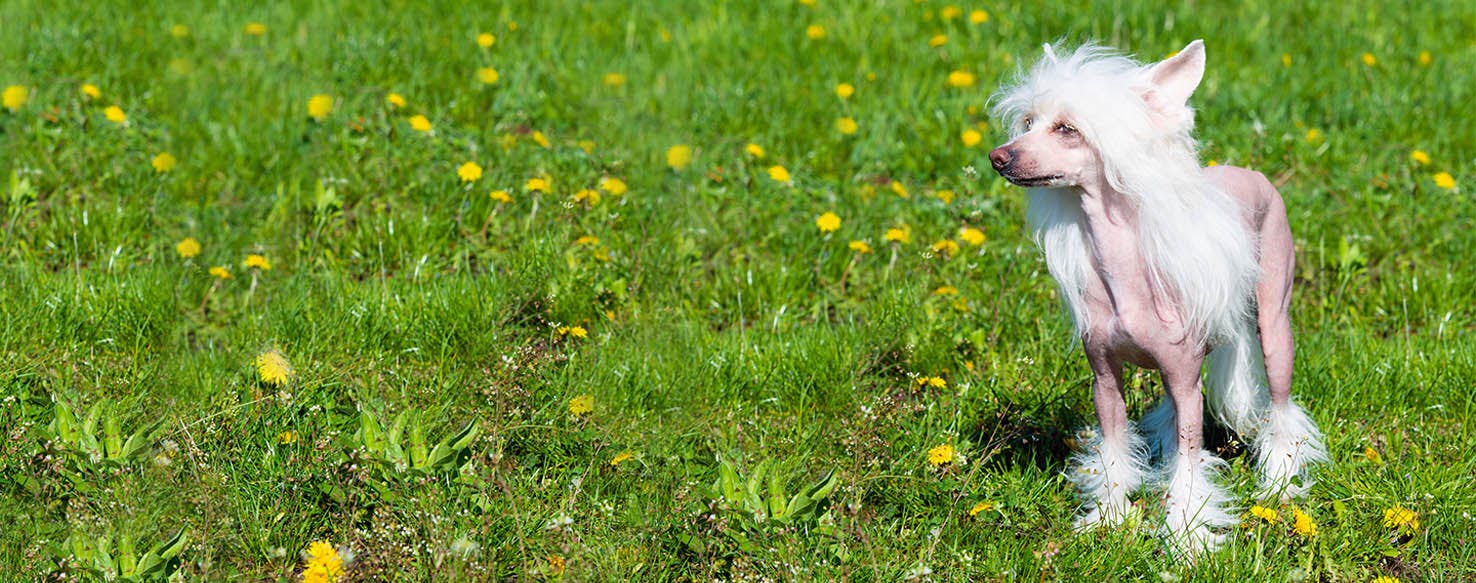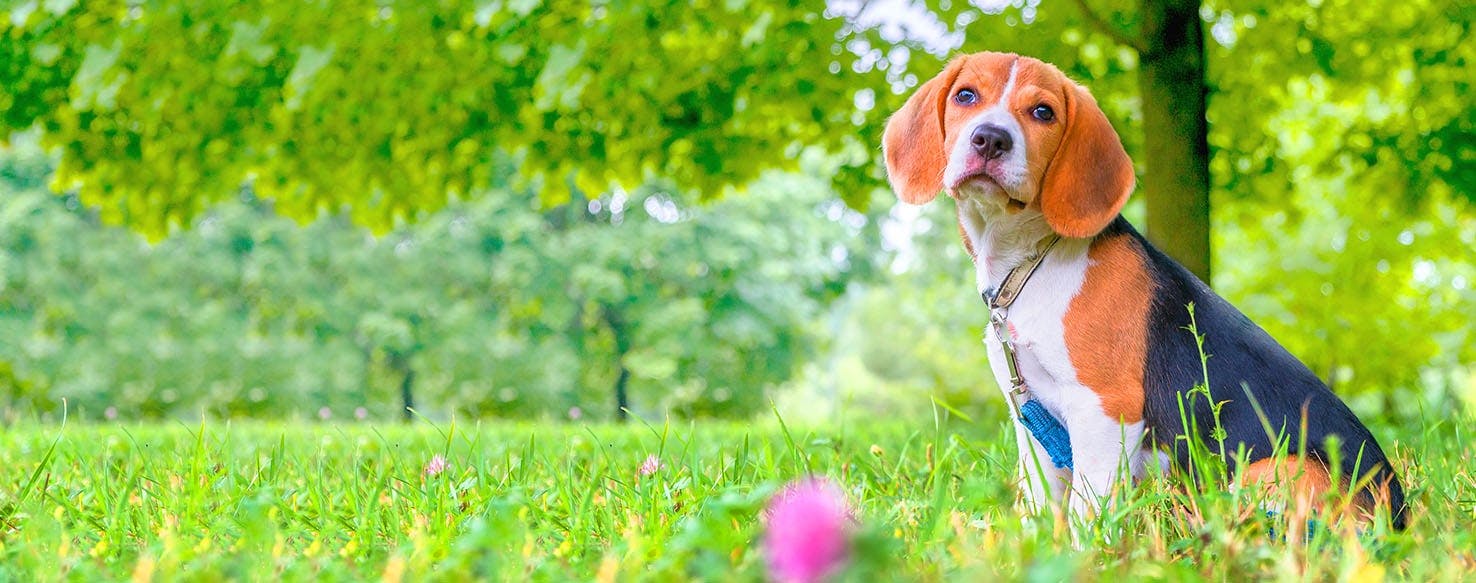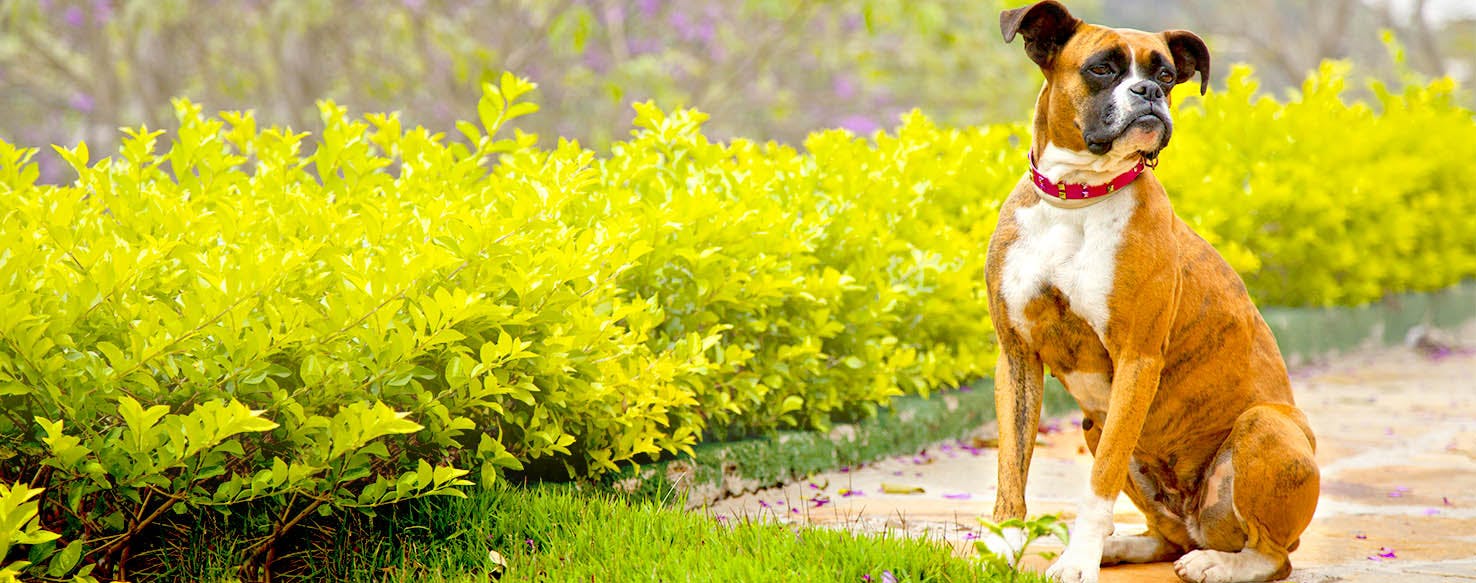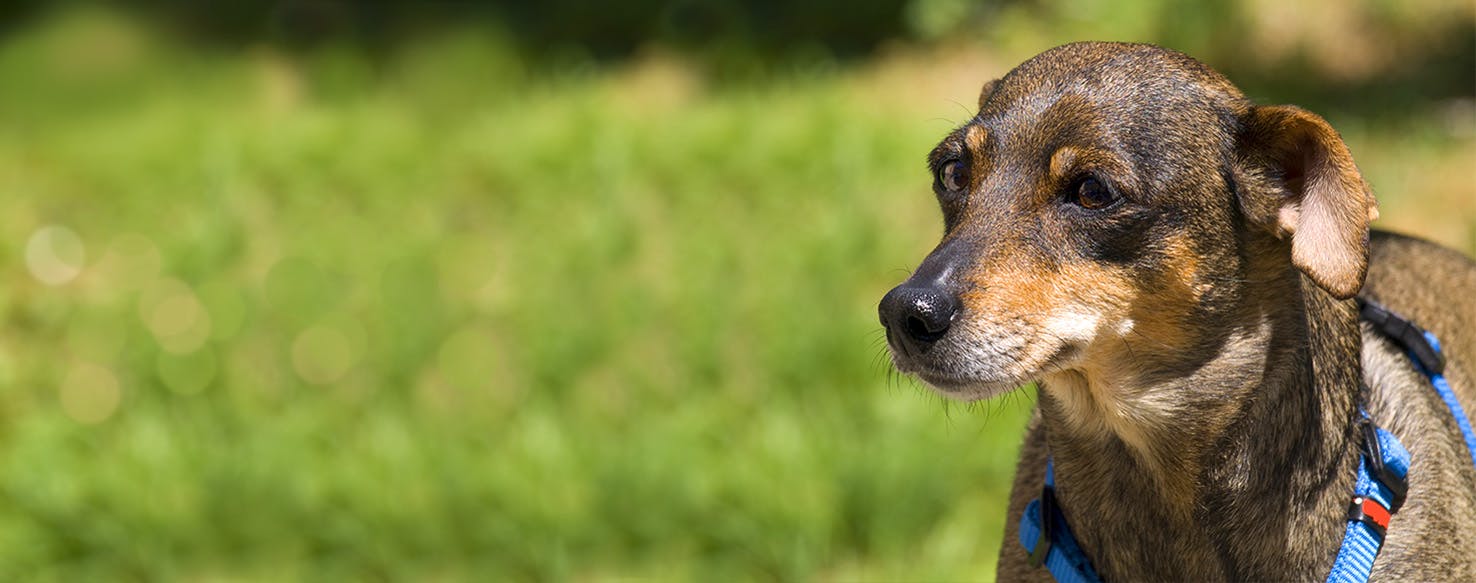Introduction
If there was any question about there being a relationship between poetry and dogs, one would need to look no further than the greats, as many had close bonds with their canine companions. Elizabeth Barrett Browning (and Virginia Woolf eventually by proxy) had her dog Flush, Thomas Hardy had Wessex, and countless others including Lawrence Ferlinghetti, Rudyard Kipling, and Matthew Arnold all had personal experiences with dogs that influenced their work at one point or another. Luckily for you, you don’t have to be a famous poet to enjoy that kind of association or relationship. If you name your dog after one of the greats, you’ll solidify and consolidate both your love for your pet and for poetry or your favorite poet all in one place.
Dogs with Famous Poet Names in Pop Culture
Although Flush may not be a household name, it’s hard to argue that he didn’t influence two of the greatest female poets of all time, and for good reason.
Flush, a Cocker Spaniel, belonged to Victorian-era English poet Elizabeth Barrett, whose popularity spanned both the United States and the United Kingdom during her lifetime (1806-1861) and long after. Even at the time, her work was considered prolific, especially what was produced in her mid-to-late 30's and she was often heralded for her activism, campaigning for the abolition of slavery and the reformation of child labor legislation. She is even noted to have influenced other famous writers of the day including Edgar Allen Poe and Emily Dickinson.
While Barrett found a fair amount of success during her lifetime, she also spent most of it fighting various illnesses, which in turn required her to be largely sequestered in her house. To help her combat the loneliness, her friend Mary Mitford gifted her a Cocker Spaniel named Flush, whom she quickly fell in love with.
Her adoration for Flush was so deeply-rooted that she even penned one of the most famous dog-based poems about him and titled it “To Flush, My Dog.” In the poem, she thoroughly notes her reverence for him through stanzas that lionize every aspect of his look from his silken ears to his hazel eyes, but more importantly, ends up idolizing him for a much deeper reason: his faith and loyalty.
Destined to spend most of her time alone due to her wavering health, Flush was her link to both life and to relationships — he even became a frequent subject of her correspondence with friends and her future husband, Robert Browning. But despite being largely housebound like his owner, Flush’s life was not boring either, as, like many other dogs of the upper class, was kidnapped three times and held for ransom.
Of course, Elizabeth Barrett Browning was not the only famous poet that Flush influenced. While the poem she wrote about him was at least noted as part of her work, it came nowhere close to the recognition received nearly 100 years later by none other than Virginia Woolf, who wrote Flush: A Biography as a unconventional narrative written from both a third-person narrator and a dog’s perspective. At the time, it became her best-selling work and although she had mixed feelings about its success, still brought her much acclaim.
While it was originally a lighter step away from The Waves, an emotionally-intense novel she had previously completed just two years prior, Flush: A Biography was more than just a release for her, it was a timely pinnacle of social commentary wrapped in a much more easily digestible package, one that was able to touch on the topics of love, marriage, and social stratification with both poignancy and humor. In the end, the book cemented the historic importance of both the human and dog relationship that Barrett Browning had originally explored, the insightful approach of ulterior and unconventional perspective, and of course, Flush himself.
Famous Poet Dog Name Considerations
Considerations for giving your dog a famous poet’s name are as far and wide as the genre itself. History has seen them come from all over the world and cover nearly every topic known to humankind. Because of it, there are an absolute ton of possibilities, so don’t forget to consider every possible aspect to match your dog with the perfect name, including their breed type, origin, looks, or even personality.
For instance, if you have a Dachshund with a particularly strong waddle in his step, any combination of Henry, Wadsworth, and Longfellow would be perfectly suitable. For similar reasons, a Sheltie mix who loves kids and has any grey or silver in their coat would be the perfect candidate for the name Shel, after Shel Silverstein — especially if you get clever and instead make it short for Sheltie Silverstein.
Of course, you can always get more simple than that. If you are a diehard Elizabeth Barrett Browning fan, you could go with Barrett or even Flush, the name of her Cocker Spaniel — although it would be especially poignant if they also knew how to use a traditional toilet.
Do your best not to limit yourself. There are plenty of choices even beyond the names of famous poets themselves. You could even delve into your favorite works like naming your dog Raven after Edgar Allen Poe’s famous piece, Woods after Robert Frost’s Stopping by a Woods on a Snowy Evening, Captain after Whitman’s O Captain! or even Tyger after William Blake’s Songs of Experience. We’ve mostly kept it to the names themselves here, but we wouldn’t truly be advocating creativity unless we really opened the door. So think hard, have fun, and help your dog become as timeless in image and name as those the greats have written about.
Male Famous Poet Dog Names
| Votes | Name | Vote |
|---|---|---|
| 0 |
Edgar
After Edgar Allen Poe, author of The Raven, Masque of the Red Death
|
|
| 0 |
Poe
As in Edgar, author of The Raven
|
|
| 0 |
Ginsberg
After Allen Ginsberg, beat writer, penned Howl
|
|
| 0 |
Langston
After Langston Hughes, poet, social activist
|
|
| 0 |
Hughes
After Langston Hughes, innovator of jazz poetry
|
|
| 0 |
Walt
After Walt Whitman, humanist, journalist, poet
|
|
| 0 |
Whitman
Walt Whitman wrote O Captain! My Captain!
|
|
| 0 |
Hardy
After Thomas Hardy, Victorian era English poet, novelist
|
|
| 0 |
Rudyard
After Rudyard Kipling, poet, novelist
|
|
| 0 |
Oscar
After Oscar Wilde, Irish poet and playwright
|
|
| 0 |
Blake
After William Blake, English poet, artist from the Romantic Age
|
|
| 0 |
Wadsworth
After Henry Wadsworth Longfellow, poet, educator, wrote Paul Revere's Ride
|
|
| 0 |
Wordsworth
After William Wordsworth, English Romantic poet
|
|
| 0 |
Twain
After Mark Twain, writer, poet, humorist, wrote The Adventures of Huckleberry Finn
|
|
| 0 |
Ralph
After Ralph Waldo Emerson, American essayist, poet
|
|
| 0 |
Waldo
Ralph Waldo Emerson was also a philosopher
|
|
| 0 |
Emerson
After Ralph Waldo Emerson; he was a lecturer along with his other talents
|
|
| 0 |
Byron
After Lord Byron, poet, English nobleman, noted Romanticist
|
|
| 0 |
Lewis
After Lewis Carroll, wrote Alice's Adventures in Wonderland
|
|
| 0 |
Tennyson
After Lord Alfred Tennyson, Poet Laureate of England and Ireland during Queen Victoria's reign
|
|
| 0 |
Dante
After Dante Alighieri, Italian poet, wrote Divine Comedy
|
|
| 0 |
Eliot
After T.S. Eliot, British essayist, poet, wrote The Waste Land
|
|
| 0 |
Milton
As in John Milton, English poet, civil service
|
|
| 0 |
Homer
After Homer, the great Greek poet, wrote the Odyssey and the Iliad
|
|
| 0 |
Chaucer
After Geoffrey Chaucer, the Father of English Literature, wrote The Canterbury Tales
|
|
| 0 |
Baudelaire
After Charles Baudelaire, French poet and pioneering translator of Edgar Allen Poe
|
|
| 0 |
Brooks
After Gwendolyn Brooks, American poet, teacher, author, wrote The Bean Eaters
|
|
| 0 |
Thomas
After Dylan Thomas, Welsh writer and poet who wrote "Do not go gentle into that good night"
|
|
| 0 |
Thylias
After Thylias Moss, American poet, filmmaker
|
|
| 0 |
Moss
After Thylias Moss, sound artist and playwright
|
Female Famous Poet Dog Names
| Votes | Name | Vote |
|---|---|---|
| 1 |
Auden
After W.H. Auden, English-American poet, wrote Funeral Blues
|
|
| 0 |
Maya
After Maya Angelou, poet, civil rights activist
|
|
| 0 |
Angelou
After Maya Angelou who wrote I Know Why the Caged Bird Sings
|
|
| 0 |
Emmy
After Emily Dickinson, Transcendentalist poet, largely lived in isolation
|
|
| 0 |
Shel
After Shel Silverstein, best known for children's books Where the Sidewalk Ends and The Giving Tree
|
|
| 0 |
Frost
After Robert Frost, wrote Nothing Gold Can Stay and The Road Not Taken
|
|
| 0 |
Neruda
After Pablo Neruda, Chilean poet, diplomat and politician, wrote Love: Poems
|
|
| 0 |
Kipling
After Rudyard Kipling, most famously wrote The Jungle Book
|
|
| 0 |
Wilde
After Oscar Wilde, wrote The Picture of Dorian Grey
|
|
| 0 |
Keats
After John Keats, English Romantic poet
|
|
| 0 |
Barrett
After Elizabeth Barrett Browning, popular English Victorian poet, wrote To Flush, My Dog
|
|
| 0 |
Sylvia
After Sylvia Plath, writer, poet
|
|
| 0 |
Plath
After Sylvia Plath, wrote The Bell Jar
|
|
| 0 |
Donne
After John Donne, English poet, cleric to the Church of England
|
|
| 0 |
Yeats
After W.B. Yeats, Irish poet
|
|
| 0 |
Carroll
After Lewis Carroll, wrote Jabberwocky
|
|
| 0 |
Ezra
Refers to Ezra Pound, modernist, American poet and critic
|
|
| 0 |
Sappho
Sappho, the great Greek poet wrote lyrics for lyre music
|
|
| 0 |
Heaney
As in Seamus Heaney, Irish poet and playwright
|
|
| 0 |
Bishop
After Elizabeth Bishop, Pulitzer Prize-winning American poet
|
|
| 0 |
Edna
In reference to Edna St. Vincent Millay, Pulitzer Prize-winning American poet
|
|
| 0 |
Millay
After Edna St. Vincent Millay, who was also known for feminist activism
|
|
| 0 |
Rossetti
After Christina Rossetti, English poet, wrote devotional children's poems
|
|
| 0 |
Charlotte
After Charlotte Bronte, English novelist and poet
|
|
| 0 |
Bronte
Charlotte Bronte wrote Jane Eyre
|
|
| 0 |
Lorde
After Audre Lorde, American poet, writer, feminist
|
|
| 0 |
Lucille
After Lucille Clifton, American poet, writer, educator, Poet Laureate of Maryland from 1979 to 1985
|
|
| 0 |
Elinor
After Elinor Wylie, American poet
|
|
| 0 |
Wylie
After Elinor Wylie, novelist in the 1920s and 30s
|
|
| 0 |
Fanny
After Fanny Howe, American poet, novelist
|
